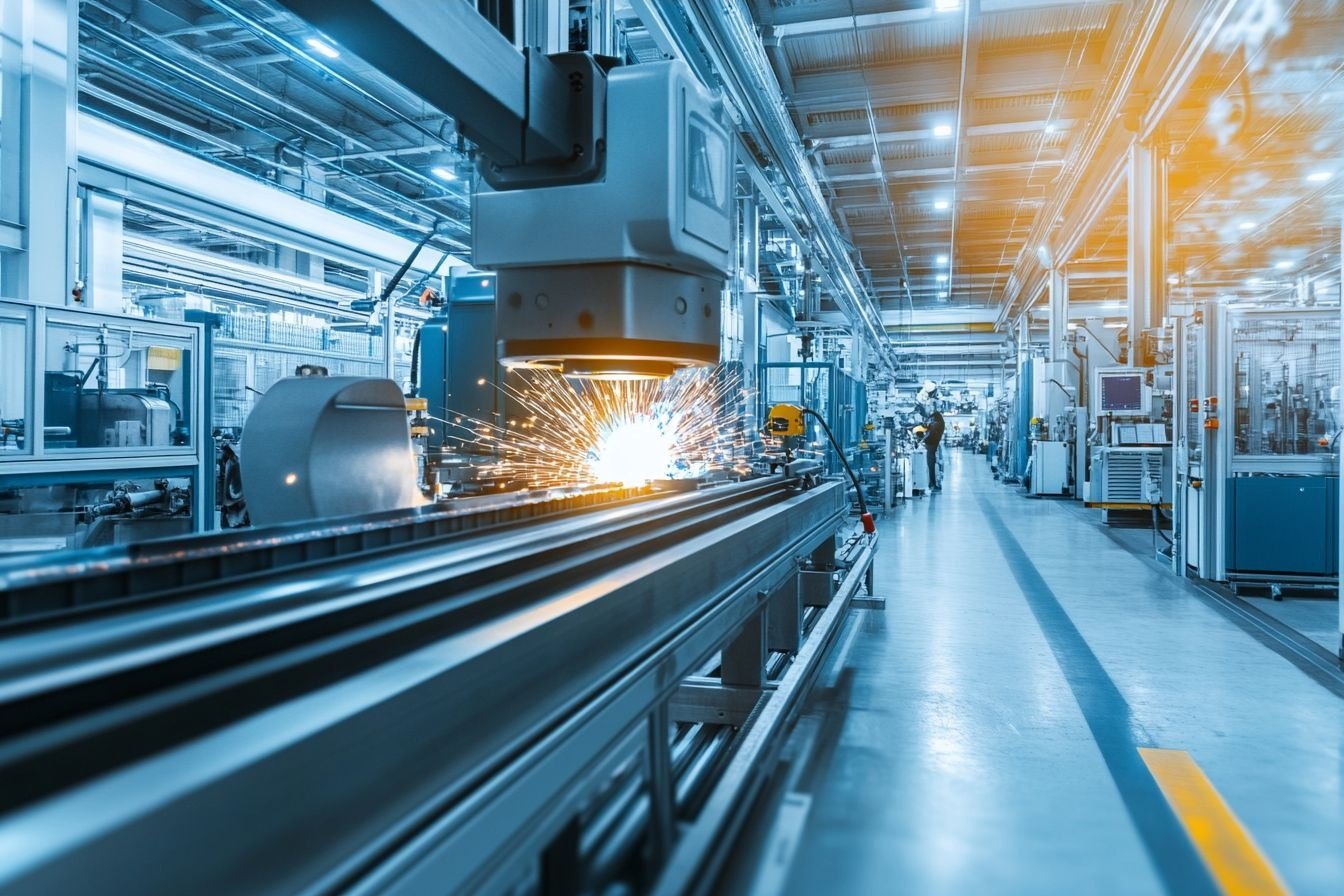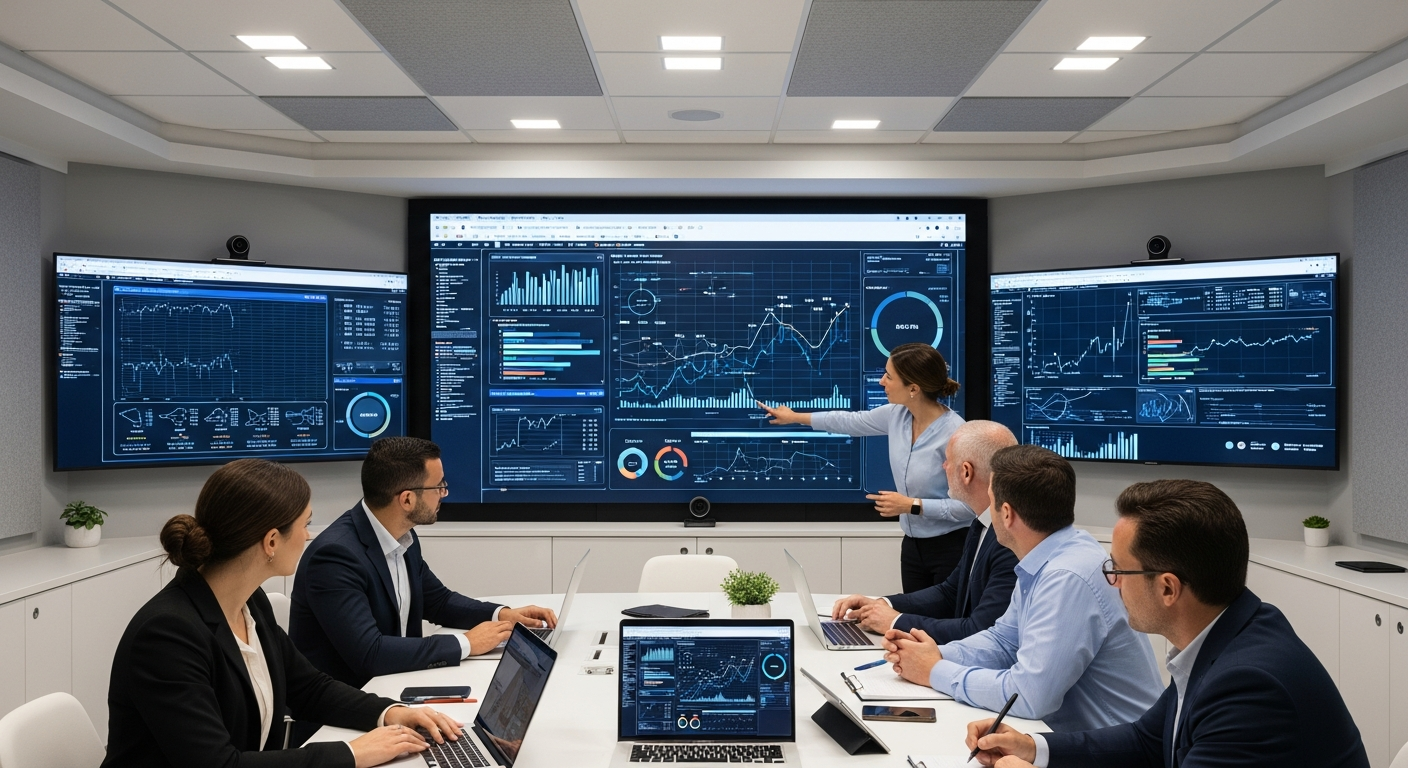Modular Production Systems: Redefining Manufacturing Agility
Revolutionizing industrial operations, modular production systems are reshaping the manufacturing landscape. This innovative approach to production design offers unprecedented flexibility, scalability, and efficiency. As businesses grapple with rapidly changing market demands and technological advancements, modular production systems emerge as a game-changing solution, enabling companies to adapt swiftly and maintain a competitive edge in an increasingly dynamic global marketplace.

Key Components of Modular Production Systems
At the heart of modular production systems lie several critical components. Standardized interfaces ensure seamless integration between modules, while plug-and-play functionality allows for rapid reconfiguration. Decentralized control systems empower each module to operate independently yet in harmony with the overall production line. Advanced sensors and data analytics capabilities enable real-time monitoring and optimization of each module’s performance.
Advantages in Operational Flexibility
One of the primary benefits of modular production systems is their unparalleled operational flexibility. Traditional production lines often require extensive downtime and costly modifications to accommodate new products or processes. In contrast, modular systems allow for quick and efficient changes, reducing changeover times from days to mere hours. This agility enables manufacturers to respond swiftly to market trends, customize products on-demand, and optimize production schedules with minimal disruption.
Scalability and Cost-Effectiveness
Modular production systems offer a scalable solution that grows with a company’s needs. As demand increases, additional modules can be seamlessly integrated into the existing setup, eliminating the need for complete overhauls or new production lines. This scalability not only reduces capital expenditure but also minimizes the risks associated with large-scale investments in fixed assets. Furthermore, the ability to repurpose or resell individual modules enhances the overall cost-effectiveness of the system.
Enhanced Quality Control and Traceability
The modular approach facilitates improved quality control measures. Each module can be equipped with its own quality checks, creating multiple inspection points throughout the production process. This distributed quality control system helps identify and isolate issues more quickly, reducing the risk of defective products reaching the end of the line. Additionally, the modular structure enhances traceability, allowing manufacturers to pinpoint the exact source of any quality issues and implement targeted solutions.
Challenges in Implementation
While the benefits of modular production systems are significant, implementation does come with its share of challenges. The initial investment in modular technology can be substantial, requiring careful cost-benefit analysis. Integration with existing systems and processes may pose technical hurdles, and staff training is crucial to ensure effective operation. Moreover, standardization across modules from different suppliers can be complex, necessitating industry-wide collaboration and the development of common protocols.
Future Trends and Innovations
The future of modular production systems looks promising, with several emerging trends set to further enhance their capabilities. Advanced AI and machine learning algorithms are being integrated to optimize module configurations and predict maintenance needs. The incorporation of augmented reality tools is streamlining module assembly and maintenance processes. Additionally, the development of more sustainable and energy-efficient modules aligns with growing environmental concerns, positioning modular production as a key player in the green manufacturing movement.
Maximizing the Potential of Modular Production Systems
• Conduct a thorough assessment of your current production needs and future growth projections before implementing a modular system
• Invest in comprehensive training programs for staff to ensure smooth adoption and operation of the new modular setup
• Develop clear standardization protocols for module interfaces to facilitate easy integration and future expansions
• Implement robust data collection and analysis systems to continuously optimize module performance and overall production efficiency
• Explore partnerships with module suppliers and industry peers to drive innovation and standardization in modular production technologies
In conclusion, modular production systems represent a paradigm shift in manufacturing, offering a level of adaptability and efficiency that traditional production methods struggle to match. As industries continue to evolve at an unprecedented pace, the ability to swiftly reconfigure and optimize production processes becomes increasingly crucial. By embracing modular production systems, businesses can position themselves at the forefront of manufacturing innovation, ready to meet the challenges and opportunities of an ever-changing industrial landscape.






